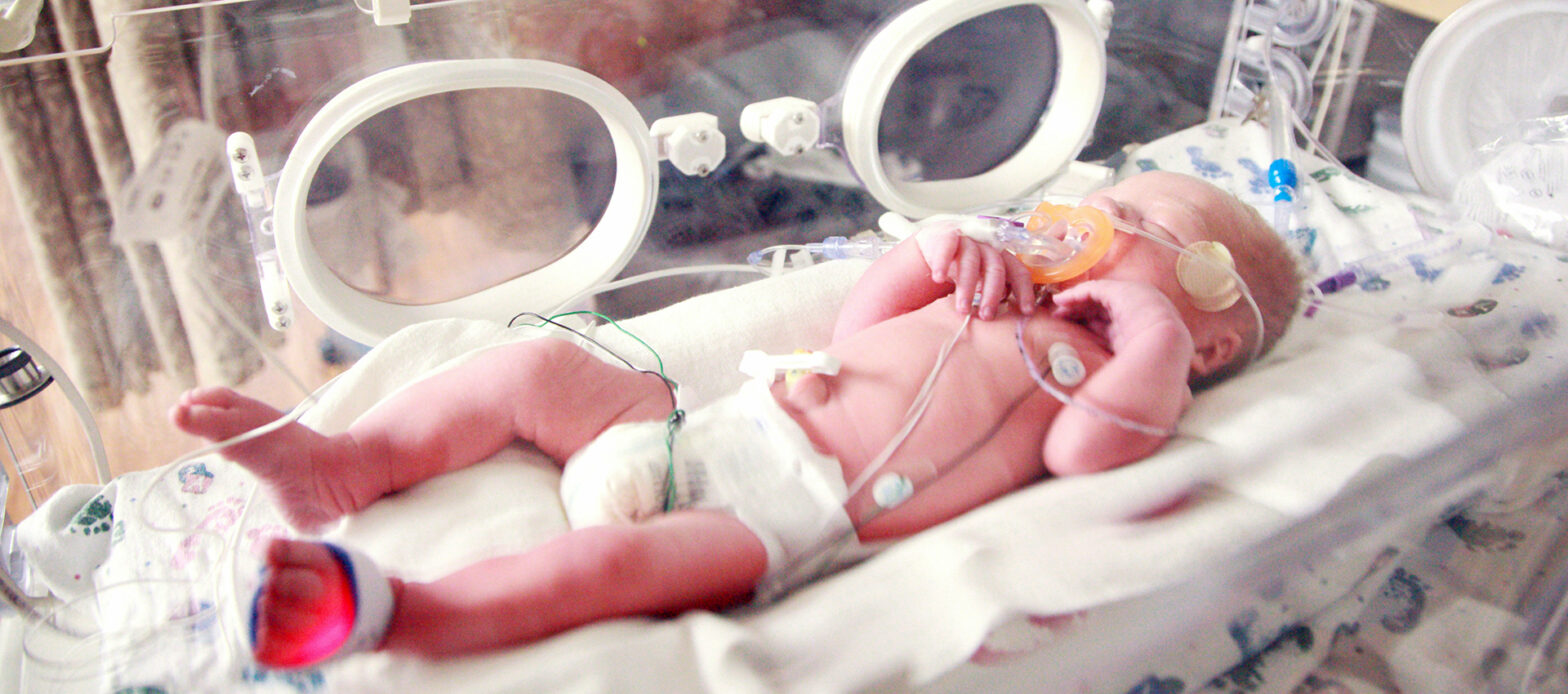
Inhaled nitric oxide (iNO) therapy is an FDA approved treatment for conditions like pulmonary hypertension and hypoxic respiratory failure in newborns aged ≥ 35 weeks.
Nitic oxide is administered through a ventilator as a way to open the blood vessels in the lungs and improve oxygenation.
iNO can be administered in tertiary care NICUs under strict monitoring & protocols and reduces the need for ECMO (extracorporeal membrane oxygenation).
Inhaled nitric oxide is given to newborns ≥35 weeks’ gestational age at birth with specific respiratory conditions like persistent pulmonary hypertension (when a newborn’s lungs aren’t working properly) and hypoxic respiratory failure (not having enough oxygen in the blood).
Ideally candidates for iNO should undergo echocardiographic evaluation to rule out congenital heart disease and to assess for pulmonary hypertension and cardiac function.
iNO therapy should be initiated by experienced physicians at tertiary neonatal intensive care units (NICUs) with advanced modes of ventilatory and multispecialist support, including ECMO.
iNO is used in doses of 1ppm to 80 ppm. The recommended starting dose is 20 ppm in infants. Doses higher than 40 ppm may potentially cause toxicity without any additional benefits.
Nitic oxide is delivered through a ventilator. A tube is attached to the infant’s trachea which delivers NO to the lungs. The duration of iNO therapy is 1 week of its initiation. If it is continued beyond 7 days, infants should be carefully monitored for lung pathology and cardiac disease. Once the infant has improved, weaning should be gradual, and their condition is monitored to endure they are getting enough oxygen.
iNO is easy to administer and its effects are limited to lungs since NO doesn’t affect other organs. It significantly decreases the need for ECMO.
Complications from iNO include:
iNO is very expensive and should be used when other forms of therapy have failed. Its role in management of preterm infants is yet to be established. It improves oxygenation and decreases the need for the more invasive ECMO. It is generally safe when administered under strict protocols and monitoring in tertiary care NICUs.
Get in touch with experts at Oxymed for a detailed discussion on Nitric Oxide therapy.